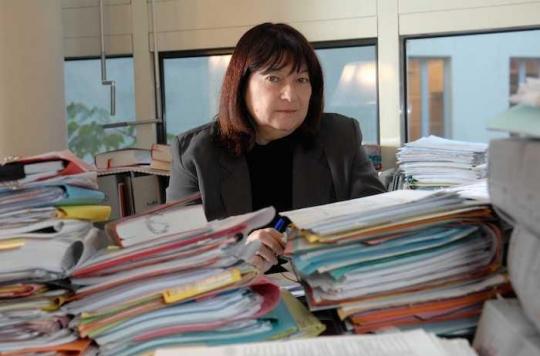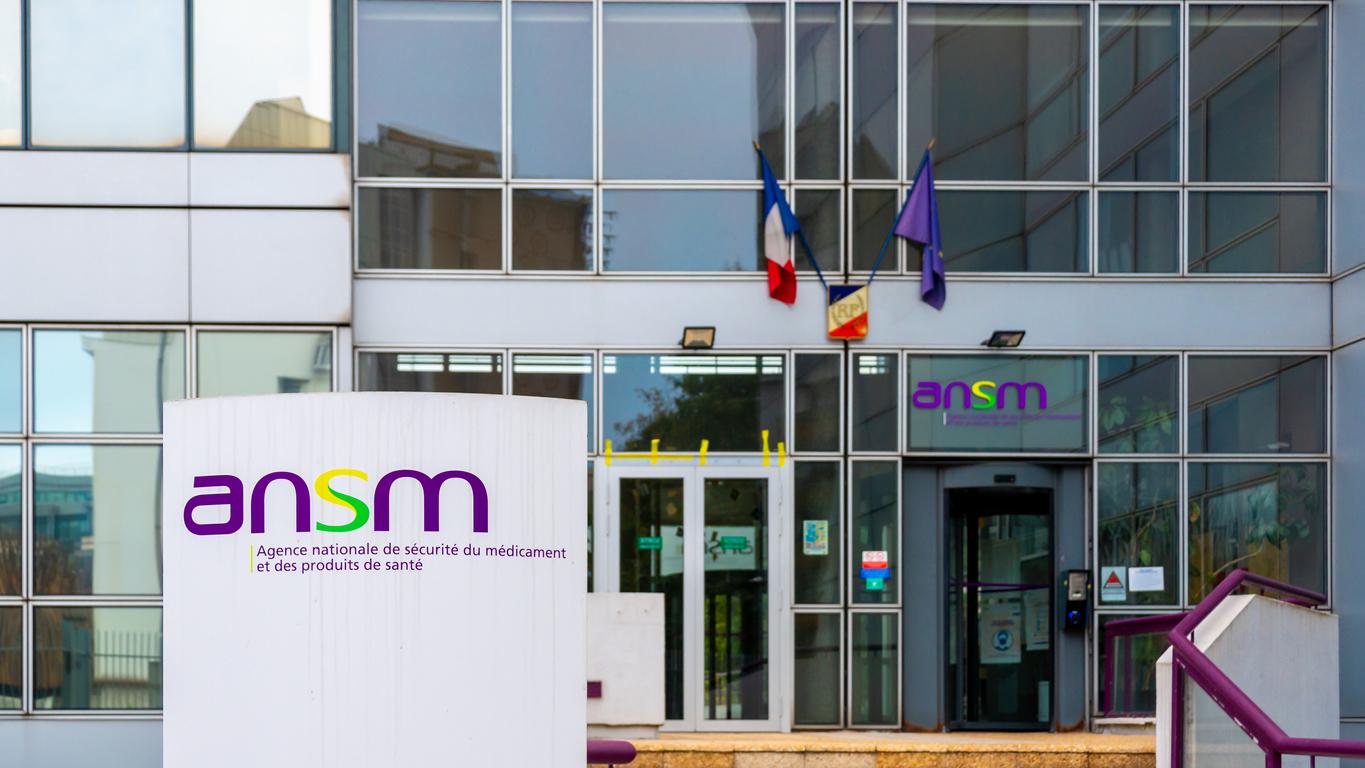INTERVIEW – While the first class action in the field of health in France opens, specialists doubt the effectiveness of this device.

When the previous government paved the way for group action in France, an image emerged straight from the United States. Those of those gigantic trials that shake the Greats – Monsanto, Big Tobacco and so many others. Erin Brockovich’s name was on everyone’s lips.
While the first class action in the field of health is starting in France with Dépakine, several specialists however have reservations about this device, its ability to compensate victims within a reasonable period of time, its added value compared to other procedures. Marie-Odile Bertella-Geffroy, public health lawyer, former investigating judge at the public health department of the Paris Tribunal de Grande Instance, investigated cases of asbestos, contaminated blood. She expresses doubts about these class actions.
Are these group actions an effective tool?
Marie-Odile Bertella-Geffroy – I am quite skeptical. They do not speed up the procedure, nor do they simplify it. If the compensation could come quickly, I would be in favor, but as it stands, there is nothing to indicate that this will be the case. The decree allows a period of five years before starting the second phase of the procedure, there is no reason why judges should not use this time.
The victims get bored, they do not want to engage in long proceedings. For Dépakine, the causal link is already well informed, the individual appeal can go quickly. Finally, by going to civil [en procédure individuelle, ndlr], you get higher indemnities, and it takes less time …
Furthermore, group actions have not been entrusted to specialized courts. However, in criminal as in civil, it is necessary to know closely these matters of public health, to choose the good experts… And they are rare. Even at the Health Center, we were not specialized, I had to train myself on the job! The choice of the experts and the judge will be decisive.
Do these group actions not strengthen the power of the victims?
Marie-Odile Bertella-Geffroy – In the media, they expose laboratories, which can increase the pressure on them, but civil or criminal proceedings do the same. In my opinion, this is a case that must be tried in criminal proceedings, because it offers a greater strike force.
When I was a judge, to find out what negligence had been committed, what recklessness had given rise to this bodily injury, we seized all the medical files, in all the hospitals where the patients had been, we had access to the documents that the victims could not obtain, in the laboratories, the administrations … It is in the penal that the truth emerges. There, in the group action, the associations will have to fend for themselves and they will not have these documents.
Marie-Odile Bertella-Geffroy, ex-investigating judge: ” It is all about compensation… where is the prevention? There must be redress, but the criminal law is a real warning for those responsible and for prevention … “
The criminal law also opens the way to compensation funds, as we have seen with contaminated blood, growth hormone. These funds are provided with money from the State (this is its weakness) which eventually asks the laboratory for recoveries when its responsibility is recognized. If the group action manages to reverse the load and make the laboratory pay all the compensation, then that would be really interesting.
Why do you think the authorities have paved the way for this device?
Marie-Odile Bertella-Geffroy: I think it was a request from the associations, but the authorities only agreed to it. They probably feared a flood of lawsuits, as in the United States. By only authorizing associations and banning lawyers from bringing class actions, lawmakers wanted to limit the number of proceedings.
You cannot imagine the number of widows of people who died of asbestos, who never asked for anything… The amounts of compensation for all the potential victims are enormous, the State feared a bill too high.
>> Read more: “Class actions”: hopes and many unknowns
.

















